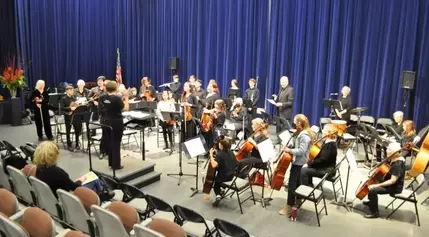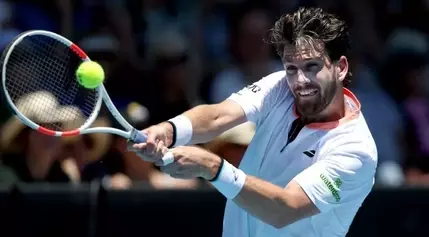In a recent tennis match at the Auckland Classic, British player Cameron Norrie faced an unfortunate incident where his frustration led to unintended consequences. During his loss to Facundo Díaz Acosta, Norrie inadvertently struck a spectator with his racket after tossing it in anger. Despite the severity of the situation, the incident was handled with grace by both parties. The player promptly apologized, and the spectator remained understanding. This event highlights the importance of maintaining composure during high-pressure moments in sports.
The incident has sparked discussions about player behavior and the potential repercussions of losing control on the court. While some athletes have faced disqualification for similar actions, others have managed to avoid harsh penalties. Norrie’s immediate apology and acknowledgment of his mistake demonstrate a commitment to personal growth and professional conduct. As he prepares for the Australian Open, this experience serves as a valuable lesson in emotional management and sportsmanship.
Incident and Immediate Response
Norrie's momentary lapse in judgment during his match against Díaz Acosta resulted in a regrettable incident that caught everyone off guard. After missing a crucial shot that put his opponent on match point, Norrie reacted by throwing his racket backward out of frustration. This action led to the racket nearly striking a spectator, who had to raise her hands to protect herself. Although the incident appeared minor, it underscored the unpredictable nature of such reactions under pressure.
Immediately following the event, Norrie took responsibility for his actions. He approached the affected spectator to offer a sincere apology, which she accepted with good humor. Recognizing the gravity of the situation, Norrie emphasized that this behavior was uncharacteristic of him. He expressed his discomfort and frustration during the match, noting that such actions were not reflective of his usual demeanor. His swift response and genuine remorse helped mitigate the impact of the incident, ensuring that it did not escalate further.
Reflection and Moving Forward
The incident at the Auckland Classic has prompted Norrie to reflect deeply on his behavior and the importance of maintaining self-control. He acknowledged that his actions could have had more severe consequences and stressed the need for greater awareness of the potential risks associated with losing one's temper on the court. Norrie’s candid admission of his mistake sets an example for other athletes facing similar challenges.
To prevent future occurrences, Norrie plans to focus on improving his emotional regulation and mental resilience. He aims to channel his frustrations into constructive outlets, ensuring that they do not affect his performance or safety. As he looks ahead to the Australian Open, this experience serves as a pivotal moment in his career. By addressing the root causes of his frustration, Norrie hopes to return stronger and more composed, ready to face the upcoming tournament with renewed determination and professionalism. Comparisons to past incidents involving other players highlight the varying responses to such situations, reinforcing the significance of Norrie’s proactive approach to personal development.




















